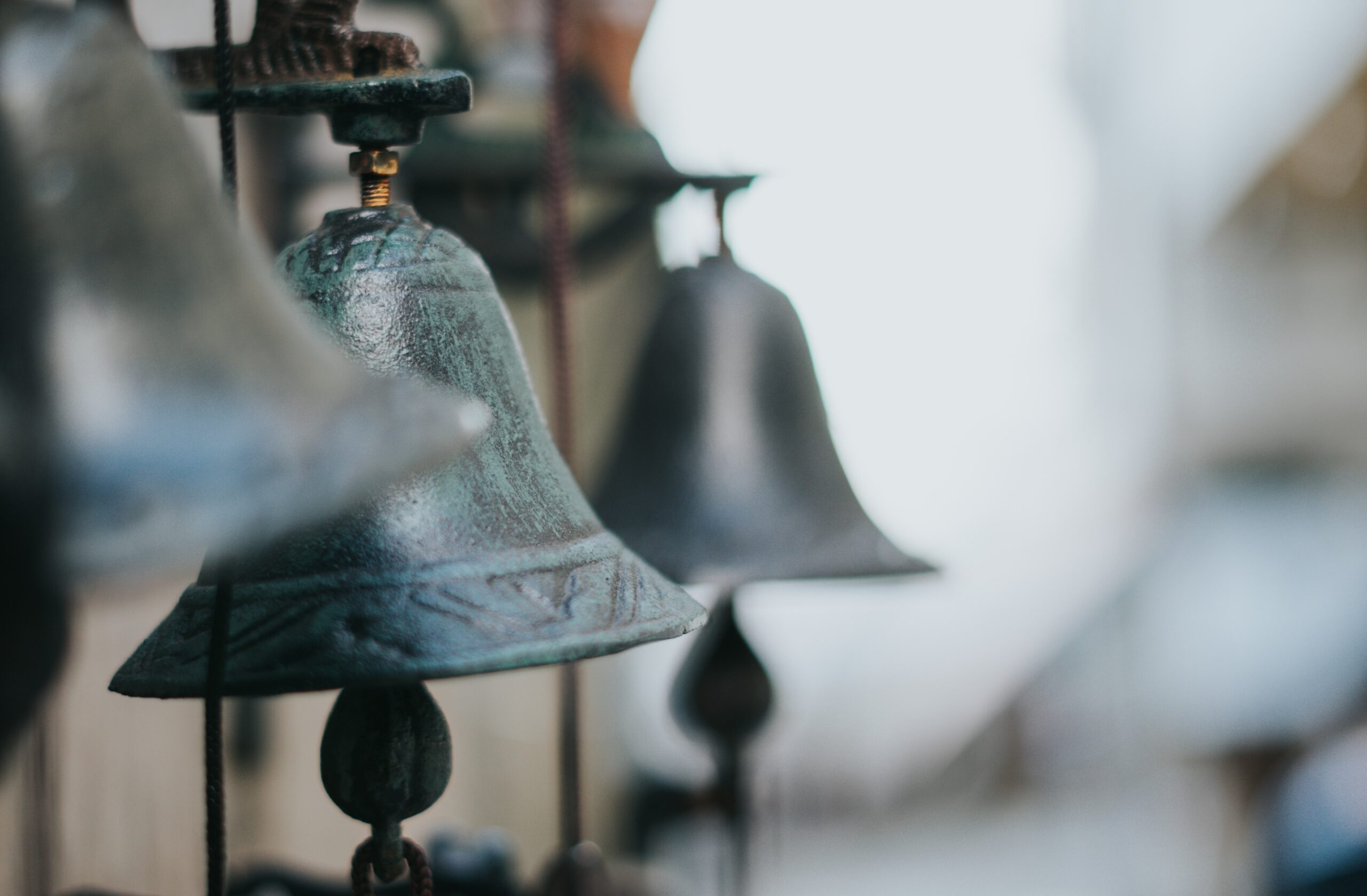Let’s be honest, there are some strange verses in the Bible. Often, when we are reading through the Old and New Testaments, we come across a statement that sounds foreign and indecipherable, something that leaves us scratching our heads and wondering, “what on earth does that mean?”
One of these verses is found at the end of Zechariah. The prophet says, “And on that day there shall be inscribed on the bells of the horses, “Holy to the LORD”. Now, anyone who has read a bit of the Bible will know that bells and horses are not a common topic in the Scriptures. When we hear of horses, they usually come up with a warning directed to a king that such creatures are not a stable foundation of trust or accurate measure of wealth. As for bells, they are only spotlighted when the priestly uniform is being tailored. Thus, it is indeed strange when a seer like Zechariah refers to a special set of bells being worn by horses that have a label which, elsewhere, is the exclusive property of the high priest. If we’re not asking, “What’s going on here!”, we’ve clearly dozed off. The image is divinely intended to catch our attention.
So, what is this verse trying to tell us? Essentially, the verse is alerting us to one of the great objectives of the entire mission of God. As we read our Bibles, one truth that progressively becomes clearer is that God is not content to limit the reach of holiness to a tiny room in a small tent among an obscure people. Rather, what we find as we turn the pages of our Bibles is that God’s final intent is to flood creation with His holy presence. This is the truth Isaiah foresaw when he wrote, “For the earth shall be full of the knowledge of the LORD as the waters cover the sea” (11:9b). This, too, is the truth Zechariah is trying to communicate when he looks forward to a day when horses’ bells will be no less sacred than the turban of a high priest. Through a connected series of redemptive acts, God is reclaiming the world for holiness. The end will be a definitive fulfilment of the beginning. The paradise that began in Eden will one day be as wide and as deep as the cosmos itself.
Now, it is worth asking the question, “What does all of this have to do with me?” After all, it’s not unusual for a grand theological statement to feel as if it has all of the relevance of a comet that flies 10,000 miles above the surface of the earth.
The reality is that the vision of Zechariah ought to turn each of our lives inside-out. Anyone who knows about the gospel is aware that the great blessing of Jesus’ salvific work is the pouring out of the Spirit of God on the people of God. Practically, this means that each one of our lives has become a colony of heaven. Through the ministry of the Spirit, our task is nothing less than to make holiness a pervasive and universal feature of our lives. As disciples, we cannot compartmentalise between secular and sacred duties. God’s desire for us is that “the bells of the horses” will be every bit as consecrated to Him as the priestly uniform. He wants every square inch of our lives to be inscribed with the glorious placard, “Holy to the LORD”.
How do we do this? Here is a simple exercise that can help us see the spiritual potential of areas of life that too easily get labelled mundane and religiously insignificant. Take a pad of sticky-notes and write “Holy to the LORD” on the top 10 sheets of paper. Then, go around your house and put a sticky-note on things that don’t look noticeably sacred. For example, put the sticker “Holy to the LORD” on your phone, on a credit card, on your dining room table, on a bathroom mirror, or on a calendar. Be creative in doing this. Imagine what it would look like for you to live a life consecrated to God – not just in the morning when you have a devotion, or at church on Sundays – but with everything, all of the time. This, after all, is the deep intent and purpose of God. His will is not just that we praise Him occasionally, but that our entire lives are summed up in a single word, worship. He wants Paul’s encouragement to the Corinthians to be adopted as the mission statement of each one of our lives: “So, whether you eat or drink, or whatever you do, do all to the glory of God” (I Cor. 10:31).
By Joe Barnard

